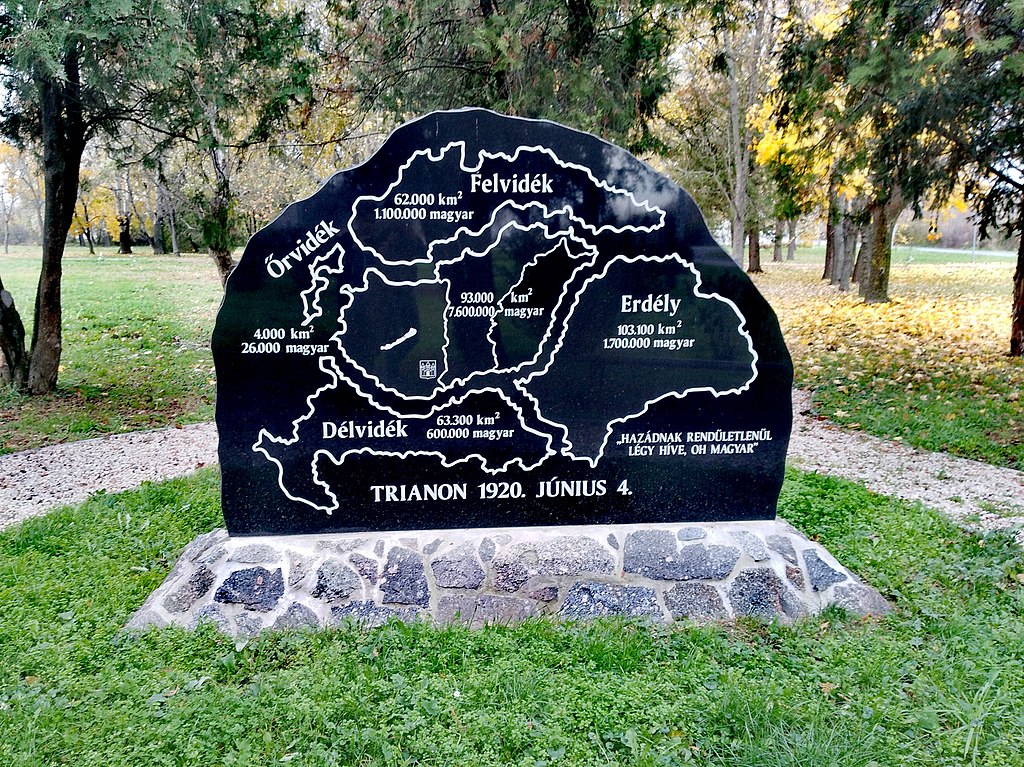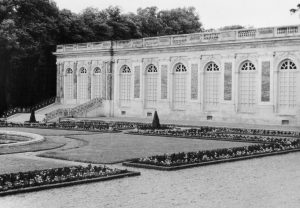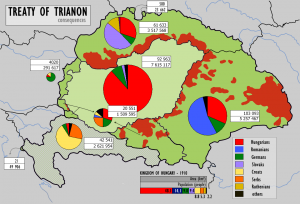
The Institute of Hungarian Research launched new research on the Treaty of Trianon.Continue reading
On the Day of National Unity, public figures have joined commemorations of the 104th anniversary of the 1920 Treaty of Trianon, which drastically reduced Hungary’s territory and population after World War I. The event, marked by reflection over past traumas and future aspirations, saw leaders emphasizing unity, resilience, and progress in the face of historical adversity.
Árpád János Potápi, Secretary of State for National Policy, set an optimistic tone, urging citizens to remember not only traumas but also successes. He stated: “despite all the difficulties, we are here as the Carpathian Basin’s pre-eminent nation,” adding,
we have had successes in the past 104 years, especially in the past 14 years, that we can be justly proud of.”

photo via Fortepan / MZSL/Ofner Károly
Mr. Potápi also highlighted the government’s national policy, saying: “The Hungarian nation is perhaps more united today than it was before 2010 (the Orbán government’s accession to power, ed. note), and more than it ever was.”
János Áder, former head of state, drew sobering parallels between the events leading to World War I and the current Russo-Ukrainian conflict. He warned, “the Russian-Ukrainian war could easily escalate from a regional conflict to a world war,” and cautioned, “If NATO enters the war and the Russians are defeated by the military and technical superiority of the North Atlantic Alliance, they could use their nuclear weapons.” His words underlined the critical need for diplomacy and peace efforts.
János Csák, Minister of Culture and Innovation, focused on the future, envisioning a prosperous Hungarian nation across the Carpathian Basin. He declared that
the Hungarian nation will be a culturally strong, economically confident, and prosperous nation of families in every corner of the Carpathian Basin if Hungarian communities organize themselves and respond to Trianon by creating value.”
Minister Csák emphasized the role of education, stating, “We need to create places where people want to come to study.”

The original Document of the Treaty of Trianon. Photo: Wikipedia
Deputy Prime Minister Zsolt Semjén reflected on the lessons of Trianon, saying, “the main guarantee of our survival is a strong Hungary that wants to survive, proud of its language, culture, and history, and strong enough to defend its national interests and its fellow nations living beyond its borders.” He also warned against internal divisions, noting, “somehow we fight our external enemies, somehow we keep our internal enemies in check, but the death grip for a nation is when our external and internal enemies attack us together.”
Bence Rétvári, Parliamentary Secretary of State of the Ministry of Interior, echoed concerns about war’s unpredictable consequences. He stated:
for us, based on the history of the 20th century, every war poses a danger that we can never see at the outbreak,”
adding, “We Hungarians cannot make the same mistake again. We cannot make mistakes in a war.”
Throughout the commemorations, a common thread emerged: the belief that unity, education, and value creation are Hungary’s paths forward. As Minister Csák put it: “our ancestors settled here, cultivated this land and defended it against all kinds of enemies for 1100 years… We are only worthy of them if we continue to create value.” This sentiment encapsulates Hungary’s approach to its past traumas, not just remembering, but learning, growing, and striving for a stronger future.

Consequences of the Treaty of Trianon. Picture: Wikipedia
The Hungarian delegation was not allowed to present its arguments at the conference until after the peace treaty had been signed. It was then that Count Albert Apponyi delivered his famous “defense speech,” which he delivered in several languages. The Hungarian delegation also included Count Pál Teleki, a geographer and later Prime Minister, who illustrated the territorial distribution of Hungarians with his so-called “red map,” so that the borders would be drawn according to ethnic blocks.
Via MTI; Featured Image: Facebook / Ujvári Imre